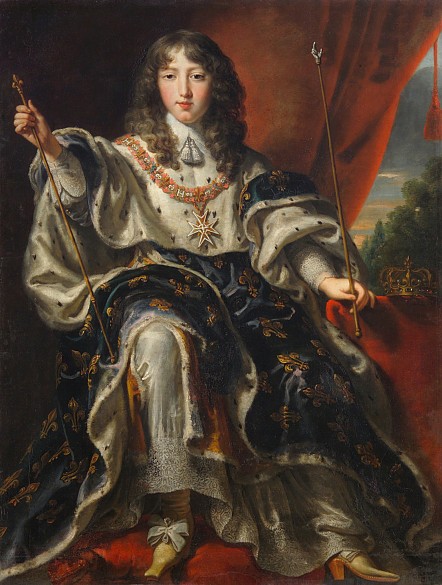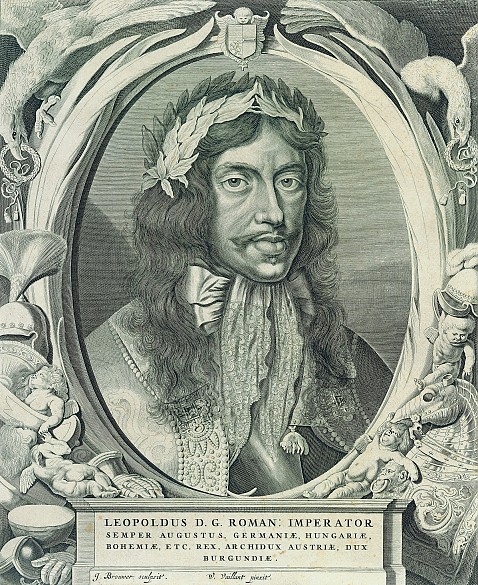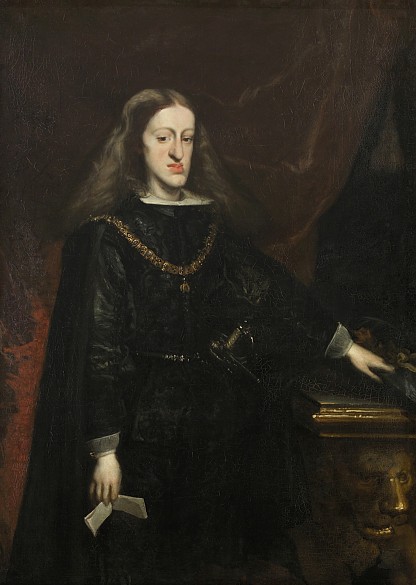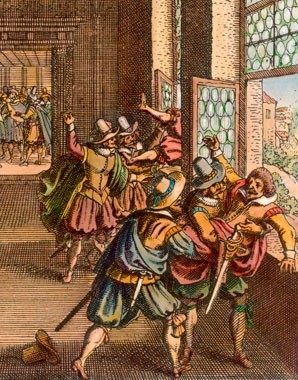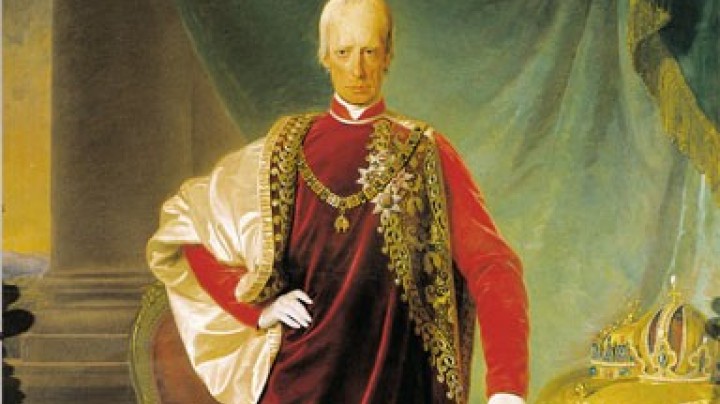Habsburg versus the Sun King
There had been wars between the Habsburgs and France since the Middle Ages. Hostilities reached their peak in the reign of the ‘Sun King’ Louis XIV.
In 1661 King Louis XIV became sole ruler in France. After the country’s gains in the Thirty Years’ War, he was intent upon extending France’s territories by military means at the expense of the Holy Roman Empire and the Spanish Netherlands (present-day Belgium). As the Habsburgs were already at war with the Ottoman Empire, a conflict in the West was to put their military and financial resources under great strain.
In 1667 Louis XIV’s troops marched into the Spanish Netherlands; a few years later he invaded Lorraine and the Netherlands once again. At the Peace of Nijmegen of 1679 Emperor Leopold I suffered certain territorial losses. Around 1680 Louis XIV determined to extend his possessions through ‘réunions’, first having his claims confirmed by courts in Paris and then giving the orders for his forces to invade areas in the west of the Holy Roman Empire. The campaign culminated in the occupation of Strasbourg in September 1681.
Although a ceasefire was concluded shortly afterwards, 1688 saw Louis XIV making a further attack on the Holy Roman Empire, without a formal declaration of war. His aggression in fact strengthened the Habsburg hand, as in the face of this belligerence the imperial Estates forged an alliance with Emperor Leopold. There followed a war between France and the Holy Roman Empire that lasted for almost ten years and was brought to an end with the Peace of Rijswijk (near The Hague).
However, this peace only held for a few years, as the close of the century saw the emergence of a new and increasingly urgent problem: the Spanish succession. When in 1700 the Spanish line of the house of Habsburg became extinct with the death of King Charles II of Spain, both the Bourbons of France and the Habsburgs of Austria pressed their claims to the throne. Although Charles II had named a grandson of Louis XIV, Philip of Anjou, as his successor, Austria also considered itself to have a legitimate claim. The result was the War of the Spanish Succession, which the Habsburgs opened by initiating a campaign in Italy, without declaring war. The changes in the European constellation of alliances brought about by Louis XIV’s wars meant that the first part of the war was marked by the new alliance of the Habsburgs, England, and the United Provinces.
